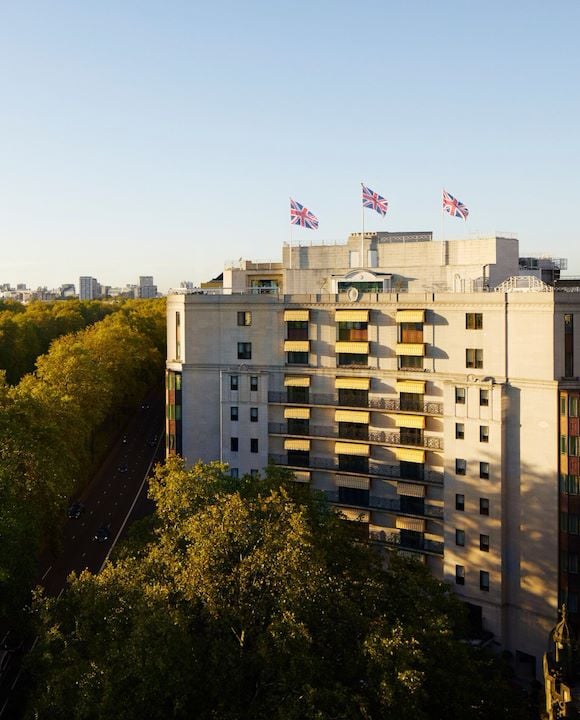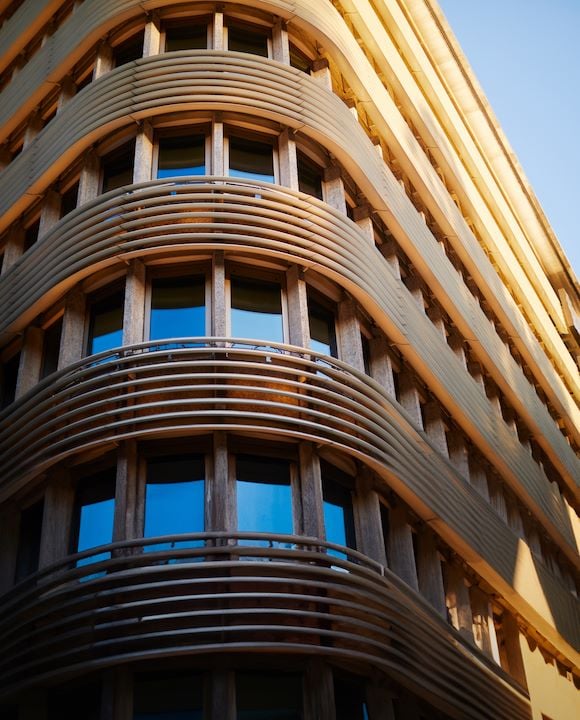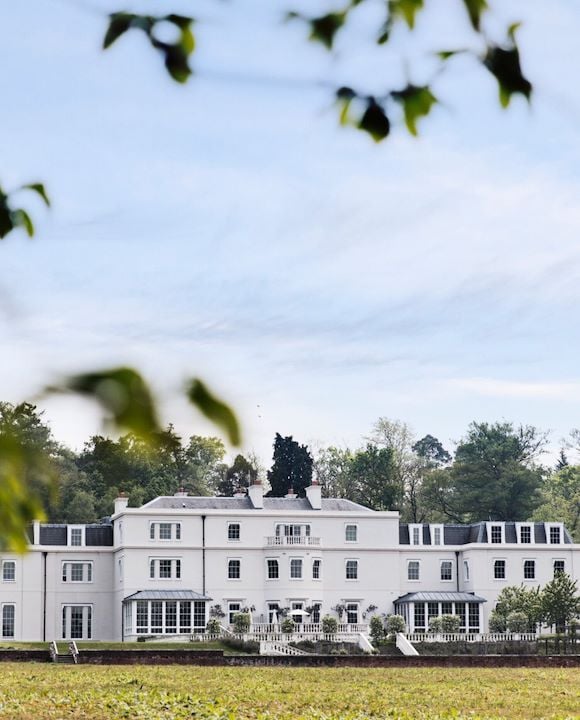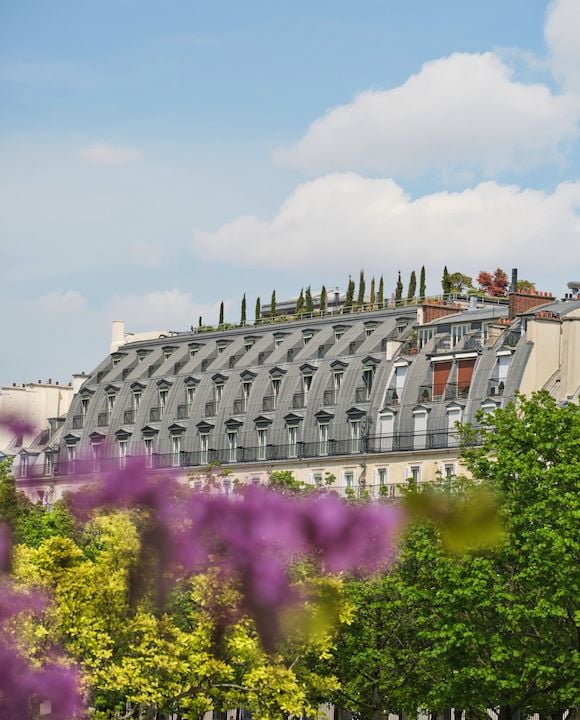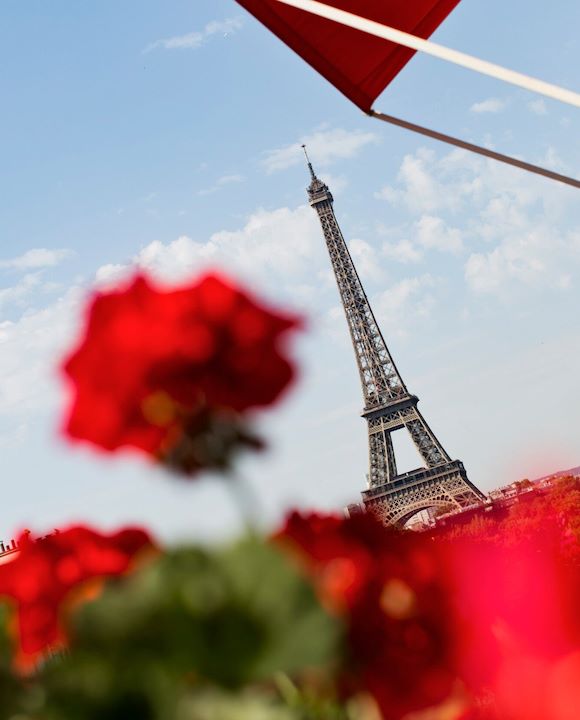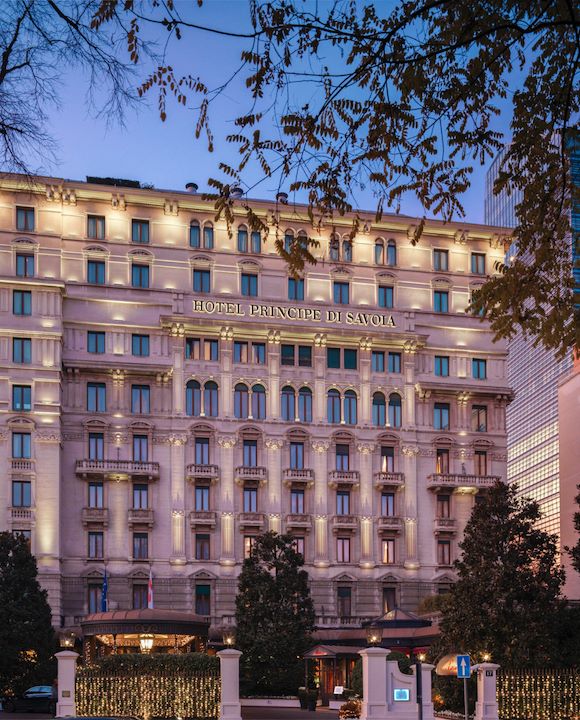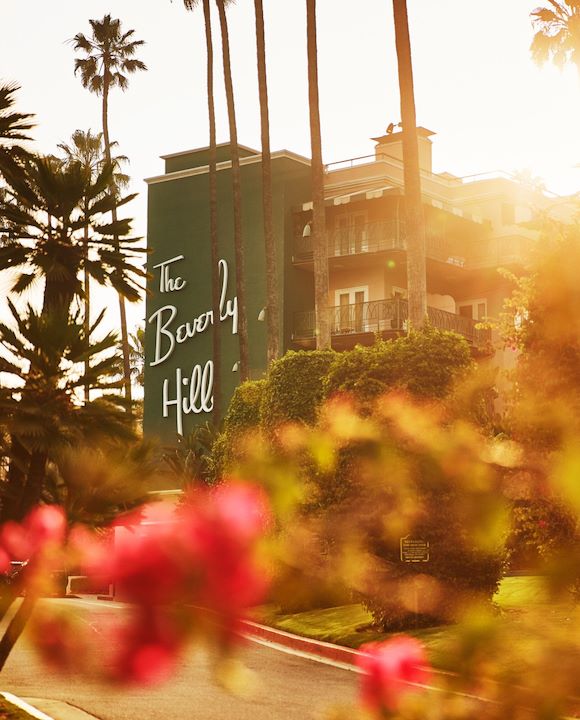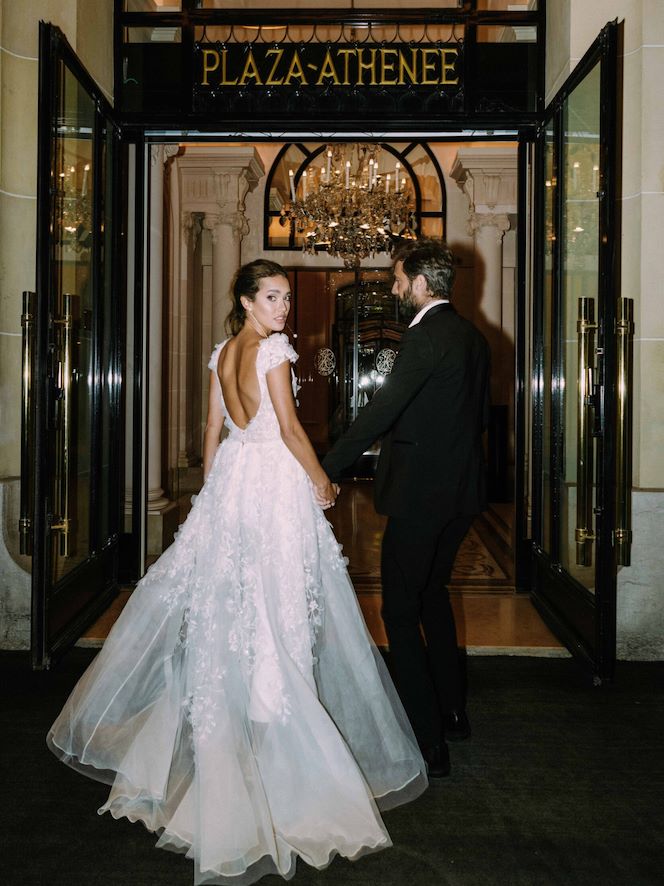
Dorchester Collection
Steeped in history, our collection has a special alchemy created between our unique hotels and the remarkable people who inhabit them.



Extraordinary places where memorable stories continue to be written and where legends are made.

Our Belong to the Legend series will introduce you to twelve extraordinary trailblazers throughout the year. Each one is an exceptional master of their craft, with a fascinating story that defines what it truly means to belong the legend.
A certain way of life
Unforgettable experiences await you at all of our Dorchester Collection hotels – simply take your pick and let new stories unfold.

Good food, great company
Our hotels are home to some of the world’s finest restaurants and tantalising cocktail bars. Immerse yourself in deliciously vibrant dining from the creative minds of culinary greats, including Alain Ducasse, Jean Imbert, Cédric Grolet, Tom Booton and Adam Smith.
Legendary lifestyles
We invite you to soak up a sense of some of our guests in their own surroundings, reflecting on their diverse lives and the special connections they hold dear with us. These words and images reflect many of the wonderful sentiments they have shared, whilst respecting our loyal guests’ privacy.

